The week's good news: May 25, 2023
It wasn't all bad!

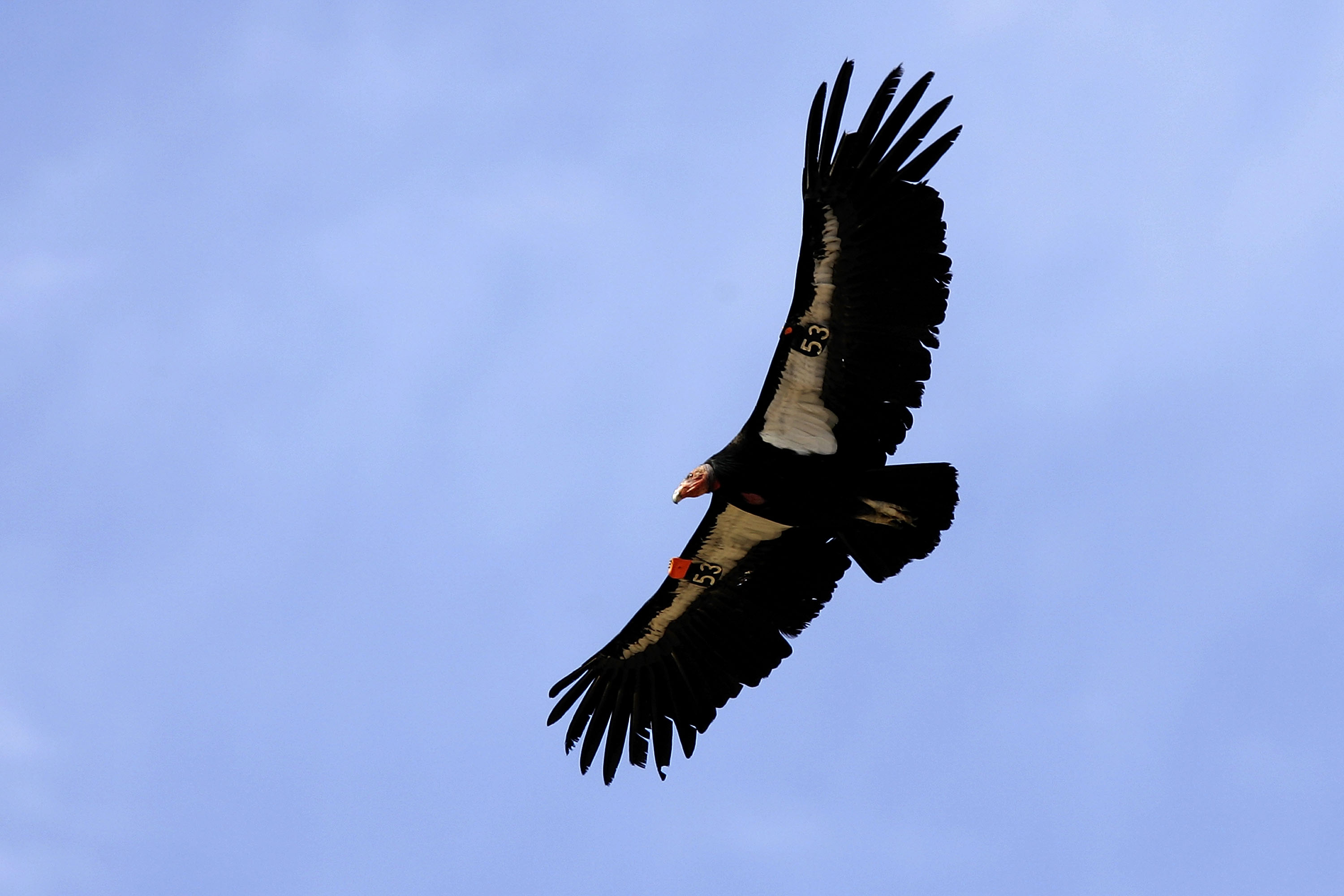
- 1. A fake egg could boost California condor breeding programs
- 2. North Carolina woman becomes a mom and doctor in the span of 24 hours
- 3. Indoor vertical farm brings fresh produce and jobs to Compton
- 4. Studies find listening to birds sing can improve mental well-being
- 5. Diamond ring discovered at wastewater treatment plant 13 years after being lost
A free daily email with the biggest news stories of the day – and the best features from TheWeek.com
You are now subscribed
Your newsletter sign-up was successful
1. A fake egg could boost California condor breeding programs
A 3D-printed high-tech egg could be the key to helping the critically endangered California condor. At the Oregon Zoo, when California condors lay their eggs, staffers move them from the nest into an incubator. This is done to protect the eggs, and the zoo wants to know as much as possible about nest conditions in order to replicate the atmosphere in the incubator. The smart egg was created to gather data from the nest, with the shell made of bird-safe plastic. Inside, there are sensors that monitor the temperature of the nest and how the egg is moved. Animal ecologist Scott Shaffer and bird scientist Constance Woodman made the egg and dyed it the same blue-green hue as real condor eggs. The condor parents who sat on the egg for two months did not appear to notice it was fake, and their chick is now back with them. Once the breeding season is done, the data will be analyzed and used for future incubator settings. "It's just a really cool use of technology that will only get better," Shaffer told The New York Times.
2. North Carolina woman becomes a mom and doctor in the span of 24 hours
Two of the biggest moments of Abby Bailiff's life happened in just 24 hours. On May 3, Bailiff gave birth to her first child, Bodie, and on May 4, she graduated from UNC Greensboro School of Nursing with her doctorate degree. The Thomasville, North Carolina, resident told Good Morning America she was due a week before graduation, and started to get nervous when that day came and went. On May 2, her doctors decided to induce. "It was not the original plan to be that close to graduation ... but Bodie had other plans," Bailiff said. She had a safe delivery, and was released from the hospital the afternoon of her graduation. After going back and forth on whether to attend the ceremony, Bailiff decided she couldn't miss it. "Once I got there and I walked in, I was like, 'I'm so glad I came,'" Bailiff said. "It was an overwhelming feeling of accomplishment." Her husband and Bodie cheered her on from home, watching via FaceTime.
The Week
Escape your echo chamber. Get the facts behind the news, plus analysis from multiple perspectives.

Sign up for The Week's Free Newsletters
From our morning news briefing to a weekly Good News Newsletter, get the best of The Week delivered directly to your inbox.
From our morning news briefing to a weekly Good News Newsletter, get the best of The Week delivered directly to your inbox.
3. Indoor vertical farm brings fresh produce and jobs to Compton
Just look up...and up...and up. A new indoor vertical farm is open in Compton, California, that is designed to grow up to 4.5 million pounds of leafy greens every year. The Plenty Compton Farm takes up a city block, and is described as the "world's most technologically-advanced indoor vertical farm." The produce is grown in a controlled environment without sunlight, on vertical towers that are almost two stories high. Indoor farming uses less water and land, and is being touted as one way of getting fresh, affordable produce into more areas while also creating jobs. Plenty was "very committed to making sure that the people they hired actually came from the city, came from this community, and this is what they've done," Compton Mayor Emma Sharif said, adding that 30% of the farm's employees live in Compton.
4. Studies find listening to birds sing can improve mental well-being
The next time you hear a bird sing, stop and listen — your body will thank you. Two recent studies found that seeing or hearing birds can be good for mental health, with the benefits lasting for hours. "The special thing about birdsongs is that even if people live in very urban environments and do not have a lot of contact with nature, they link the songs of birds to vital and intact natural environments," Emil Stobbe, an environmental neuroscience graduate student at the Max Planck Institute for Human Development and an author of one of the studies, told The Washington Post. The easiest thing to do is just "try to be aware" when out of the house, Stobbe said, adding, "with this little step, you can be one step closer to getting those beneficial effects or enhancing the time that you spend outdoors."
A free daily email with the biggest news stories of the day – and the best features from TheWeek.com
5. Diamond ring discovered at wastewater treatment plant 13 years after being lost
The diamond ring that went down a toilet drain 13 years ago is back on Mary Strand's finger. The ring was a gift from her husband, Dave, in honor of their 33rd wedding anniversary, and Strand told KARE 11 that's why she felt so bad about losing it. "I truly dove for it, and it went down the drain," she said. Dave, who owns a drain and sewer company, tried to find the ring, but it was gone. Fast forward 13 years. In March, workers at a regional water treatment plant in Rogers, Minnesota, saw something sparkling in the debris and pulled out a ring. Mechanical maintenance manager John Tierney posted on social media about the piece of jewelry, and asked people whose wedding rings had fallen down the drain to get in touch. Strand submitted a photo of the ring, and after two jewelers agreed it was "highly likely" a match, she was reunited with her long-lost bling.
Catherine Garcia has worked as a senior writer at The Week since 2014. Her writing and reporting have appeared in Entertainment Weekly, The New York Times, Wirecutter, NBC News and "The Book of Jezebel," among others. She's a graduate of the University of Redlands and the Columbia University Graduate School of Journalism.
-
 What to know before filing your own taxes for the first time
What to know before filing your own taxes for the first timethe explainer Tackle this financial milestone with confidence
-
 The biggest box office flops of the 21st century
The biggest box office flops of the 21st centuryin depth Unnecessary remakes and turgid, expensive CGI-fests highlight this list of these most notorious box-office losers
-
 What are the best investments for beginners?
What are the best investments for beginners?The Explainer Stocks and ETFs and bonds, oh my
-
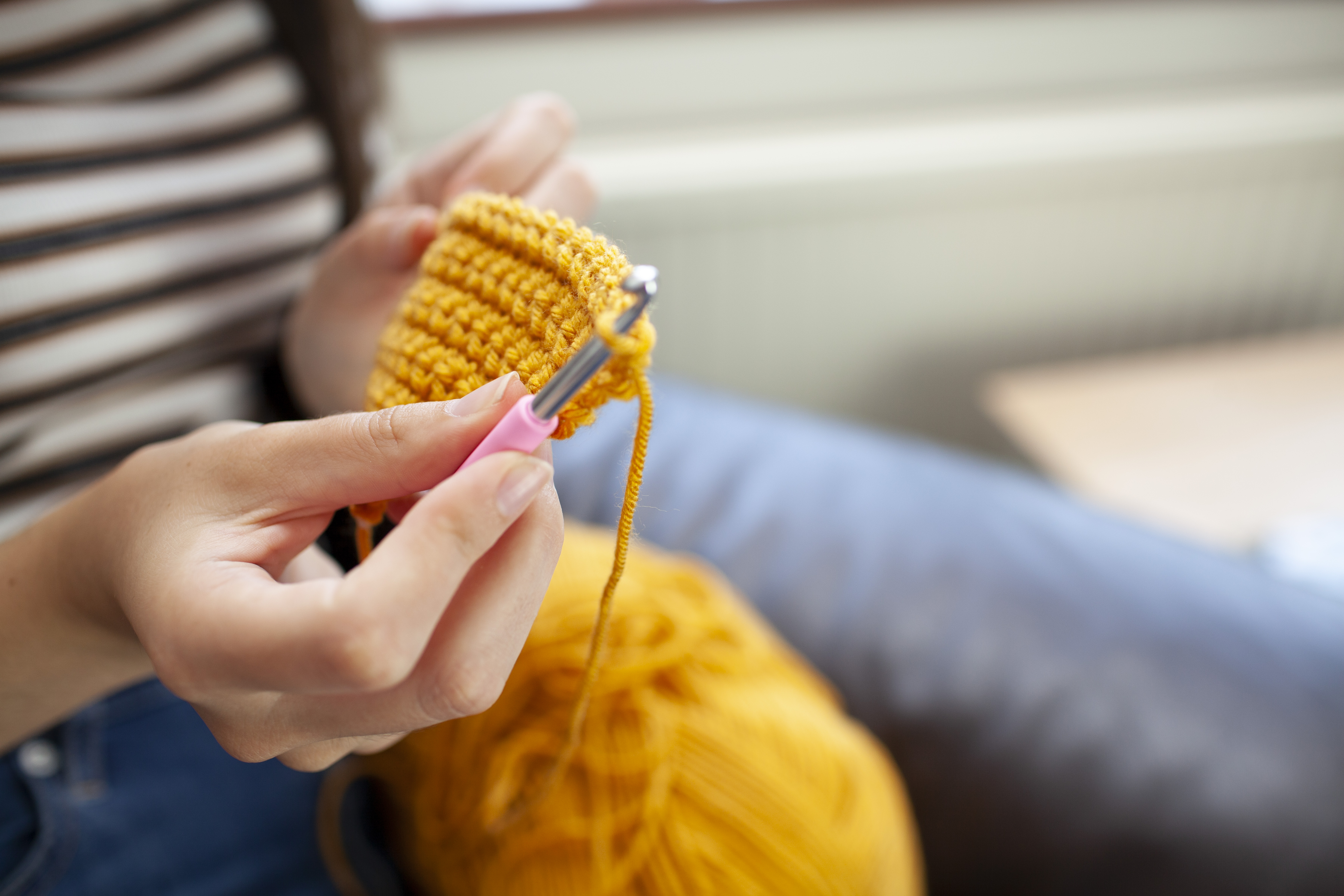 The week's good news: Jan. 18, 2024
The week's good news: Jan. 18, 2024Feature It wasn't all bad!
-
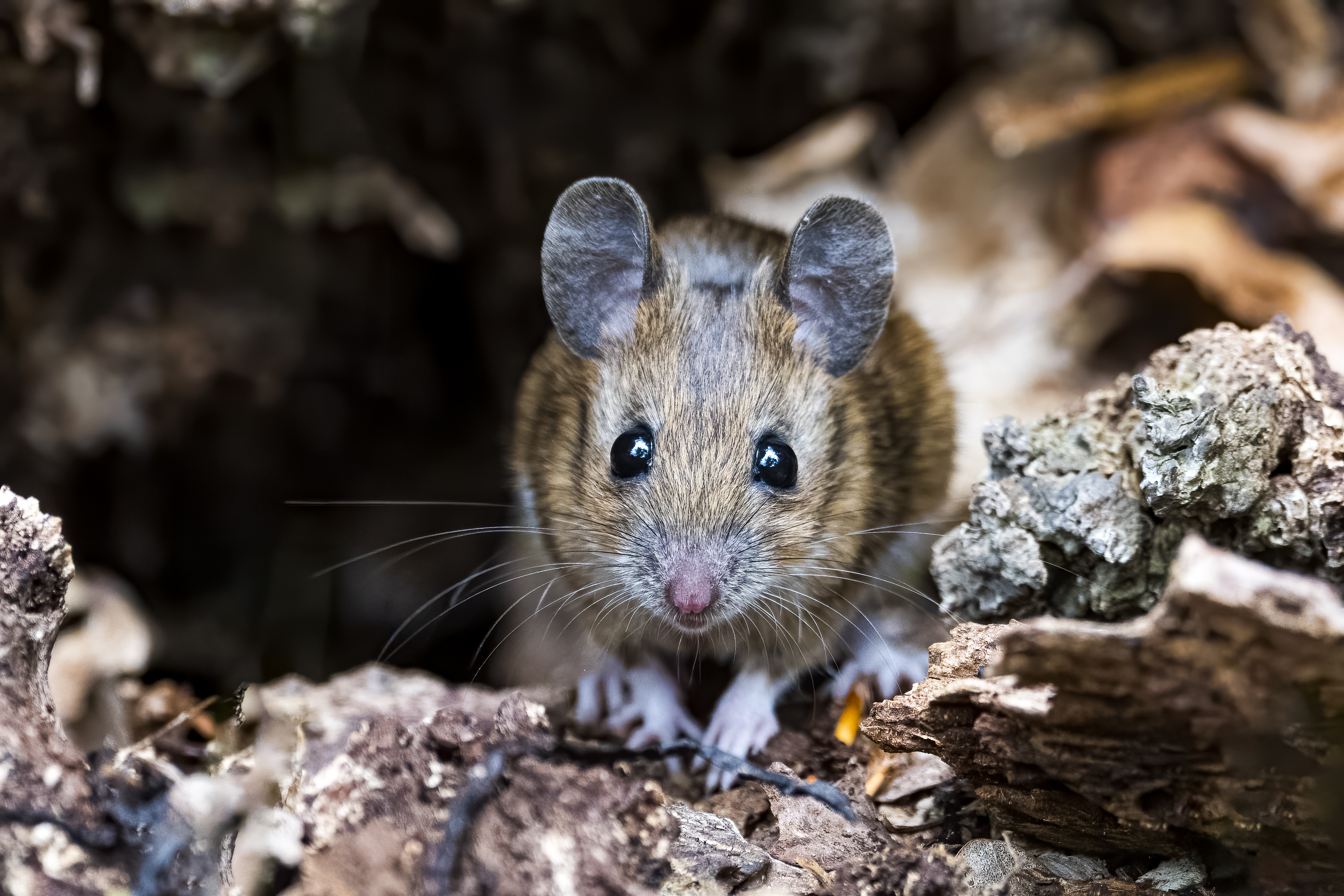 The week's good news: Jan. 11, 2024
The week's good news: Jan. 11, 2024Feature It wasn't all bad!
-
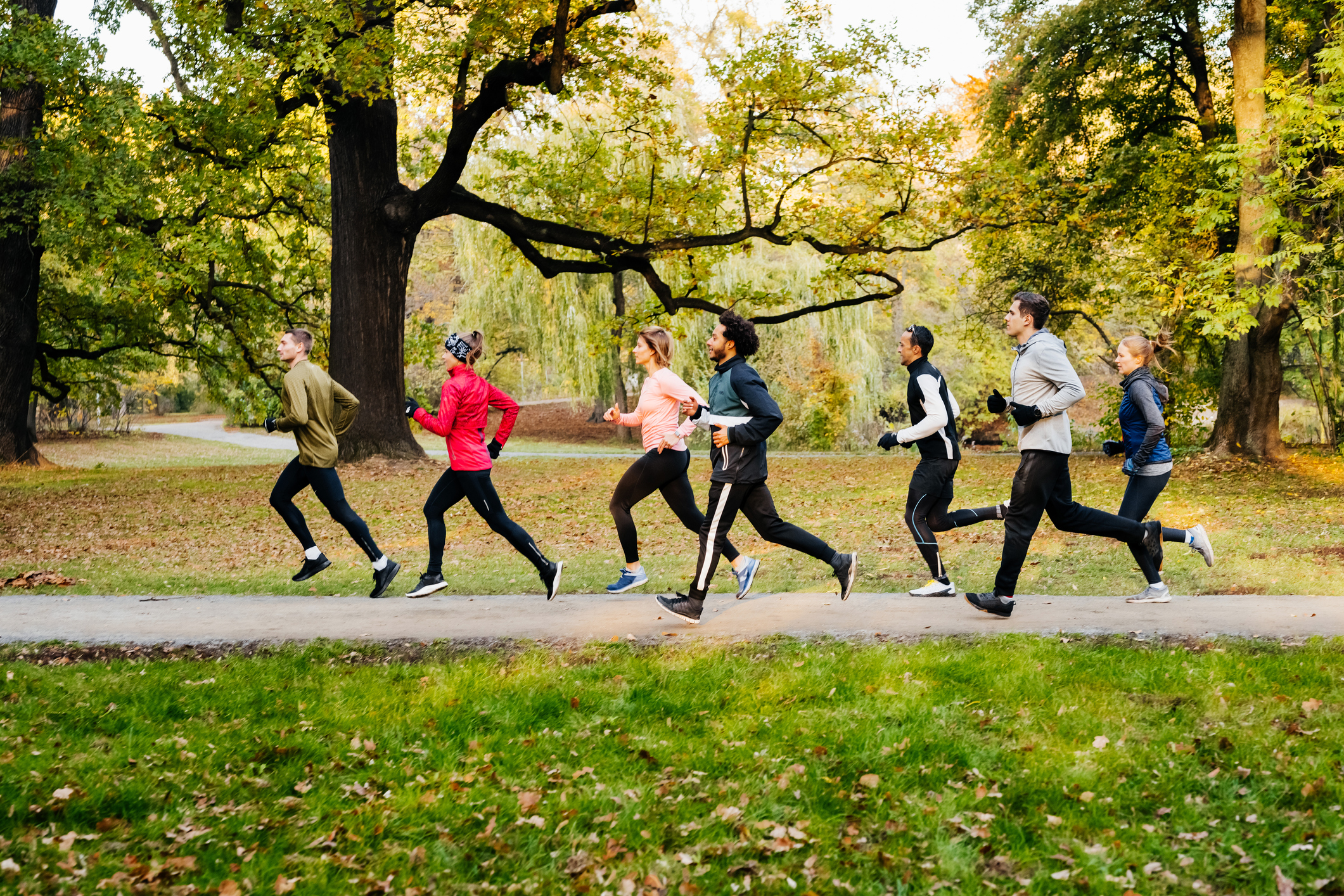 The week's good news: Jan. 4, 2023
The week's good news: Jan. 4, 2023Feature It wasn't all bad!
-
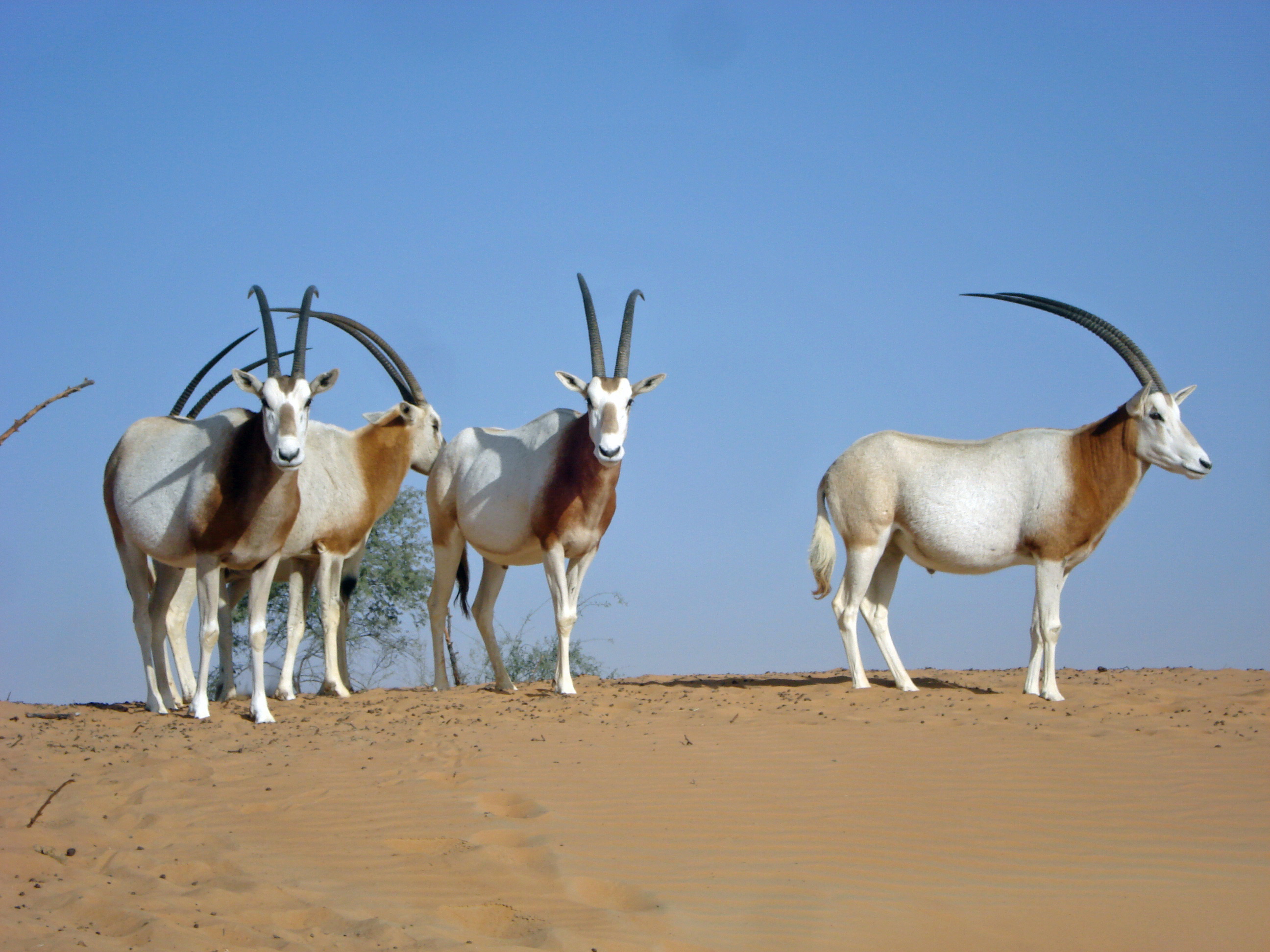 The week's good news: Dec. 21, 2023
The week's good news: Dec. 21, 2023Feature It wasn't all bad!
-
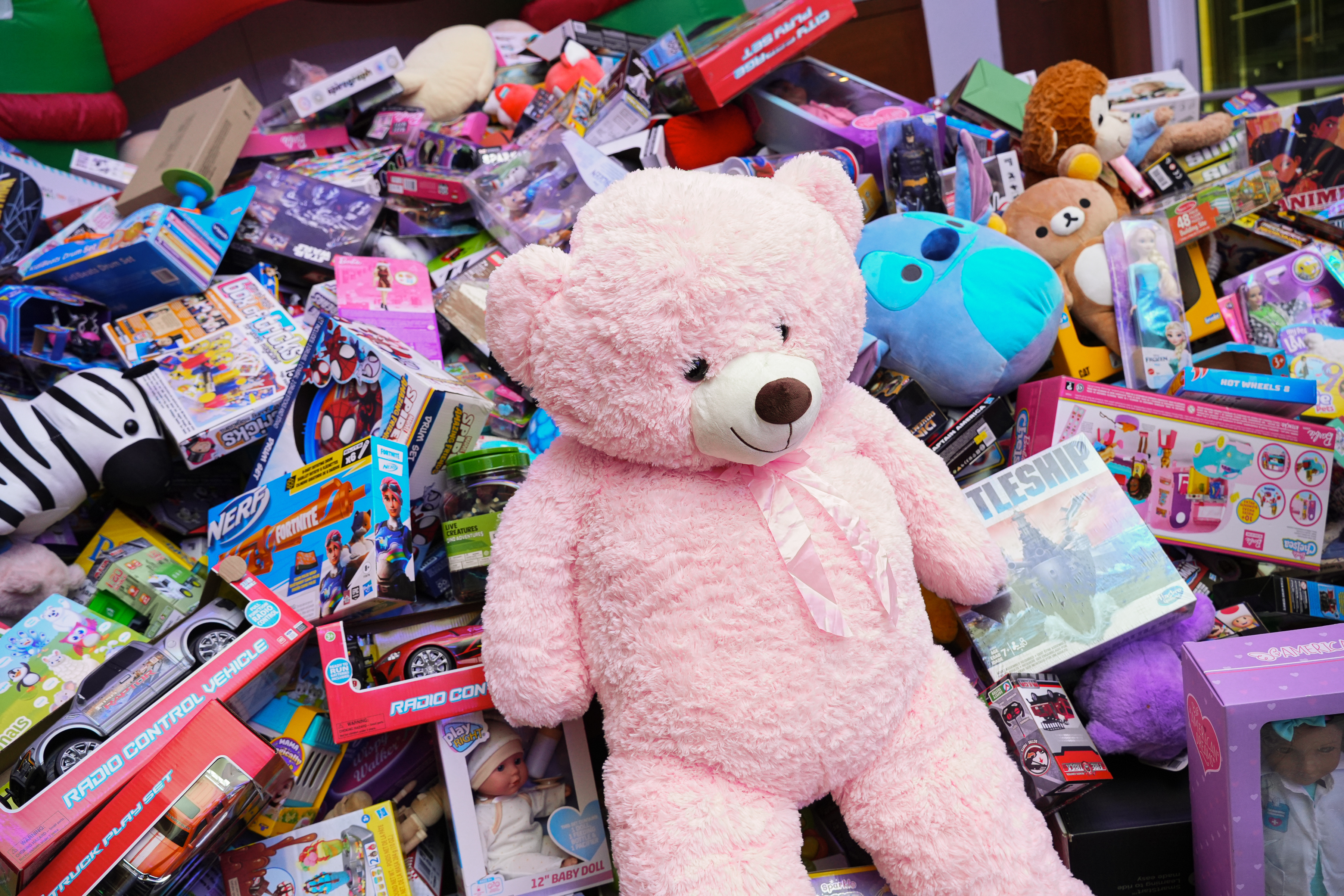 The week's good news: Dec. 14, 2023
The week's good news: Dec. 14, 2023Feature It wasn't all bad!
-
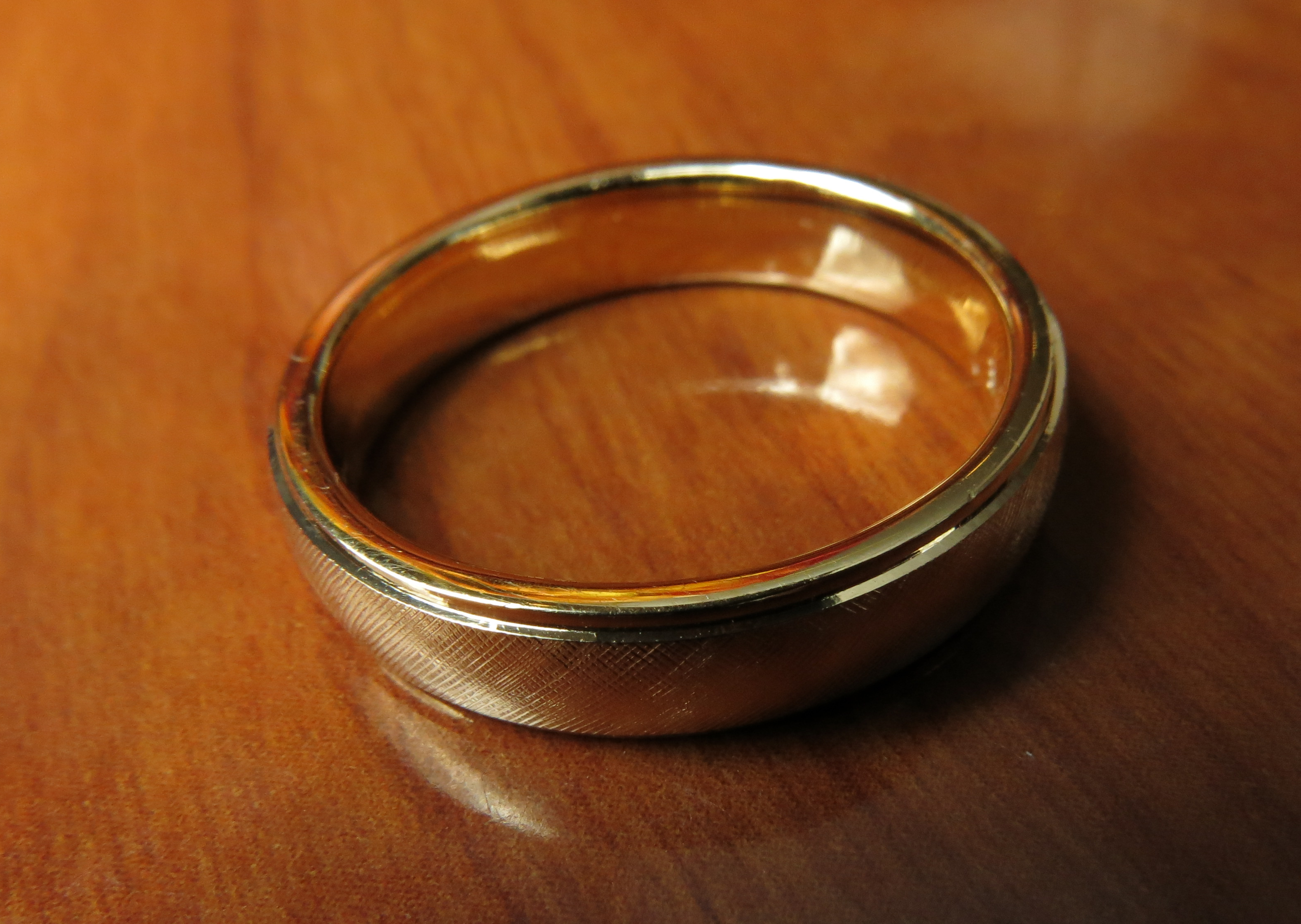 The week's good news: Dec. 7, 2023
The week's good news: Dec. 7, 2023Feature It wasn't all bad!
-
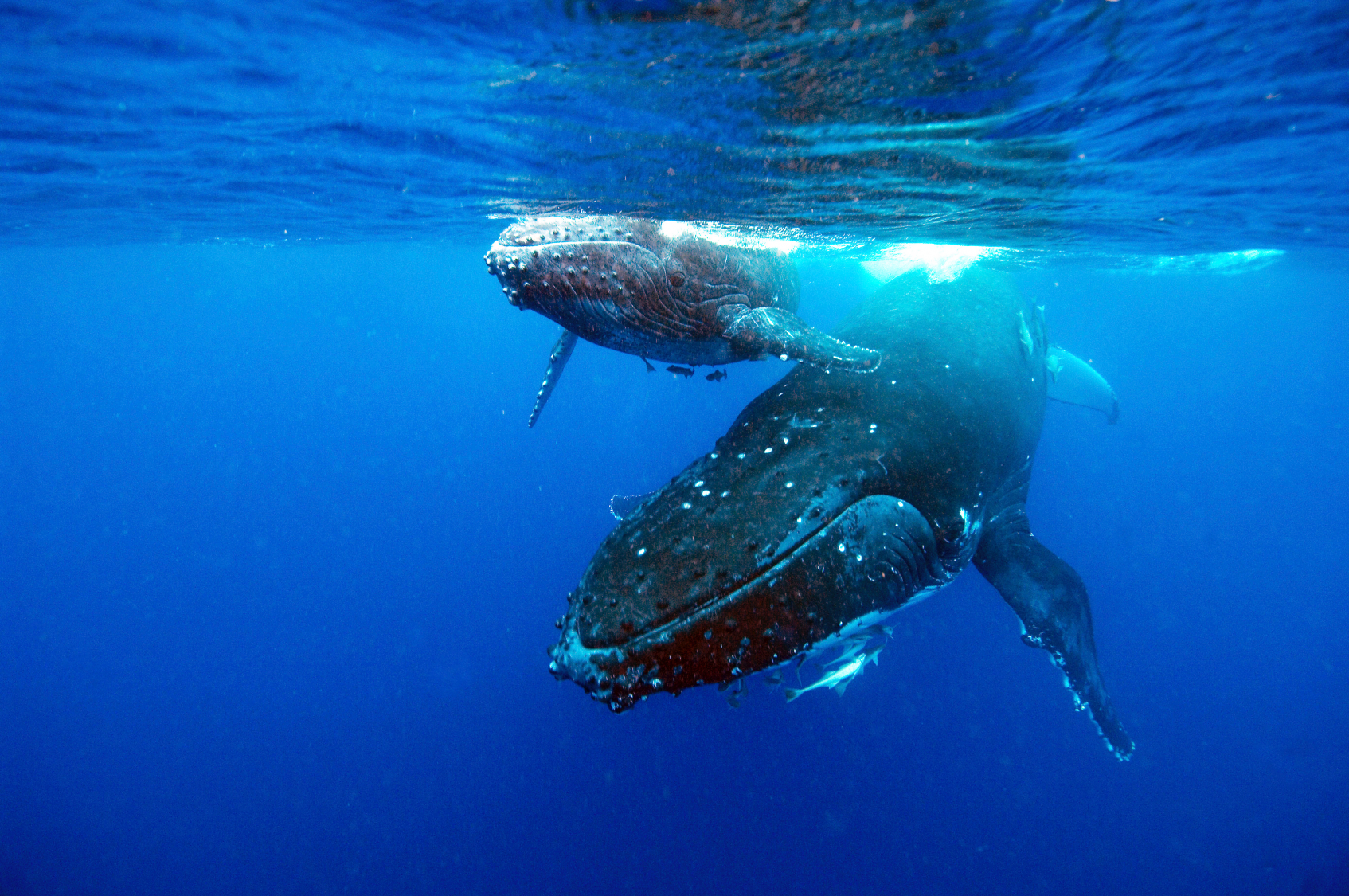 The week's good news: Nov. 30, 2023
The week's good news: Nov. 30, 2023Feature It wasn't all bad!
-
 The week's good news: Nov. 16, 2023
The week's good news: Nov. 16, 2023It wasn't all bad!
